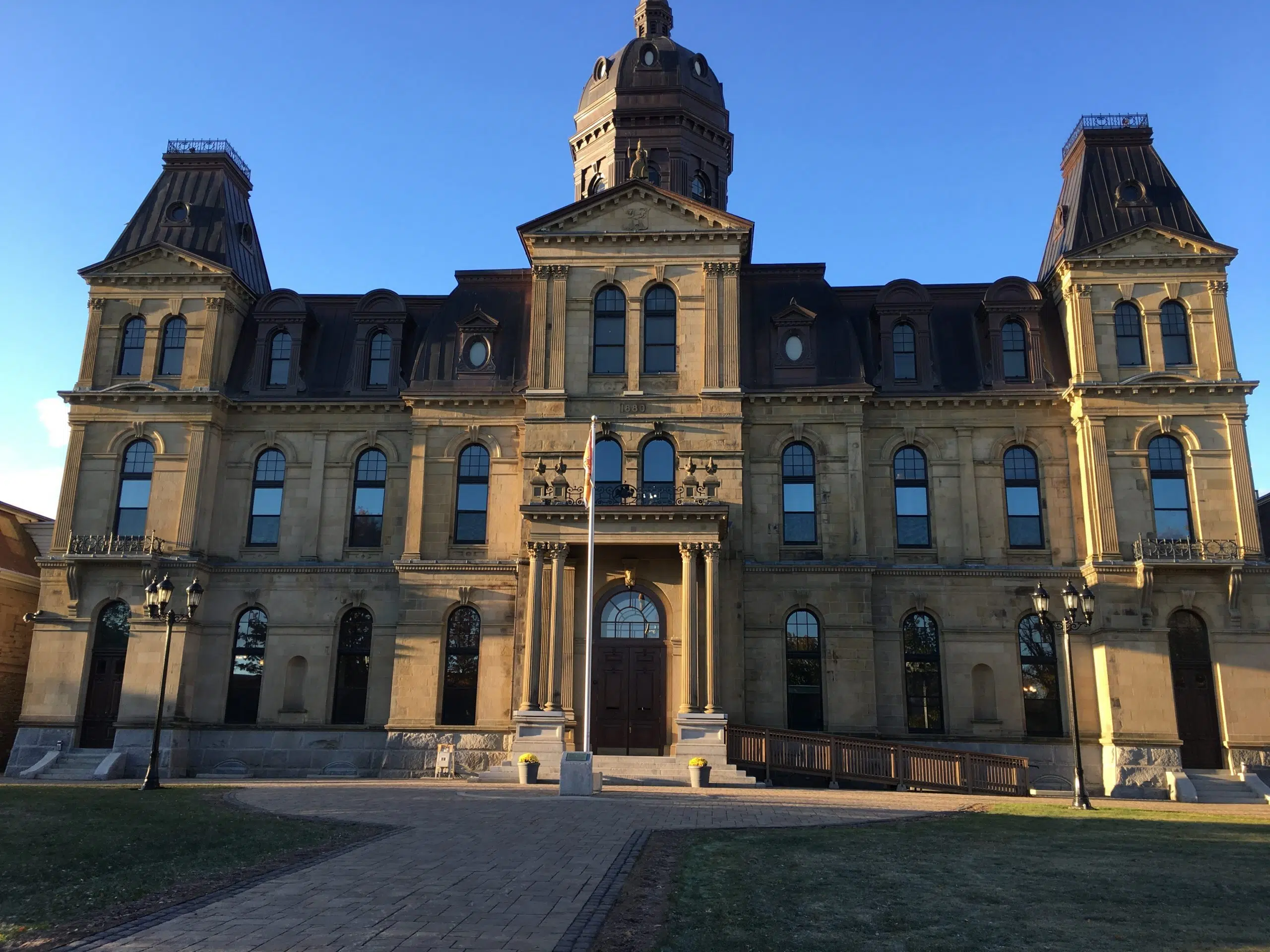
The New Brunswick legislature in Fredericton. (Image: Brad Perry)
New Brunswick government employees have been ordered to stop making territorial or title acknowledgments in relation to First Nations lands.
A memo sent to employees Thursday by Attorney General Ted Flemming said it comes as the province is involved in several legal actions initiated by First Nations.
“This includes the use of territorial acknowledgements at meetings and events, in documents, and in email signatures,” said the memo.
The province has, instead, come up with an approved “ancestral acknowledgment” to be used in certain instances.
“Please note the absence of terms such as ‘unceded’ or ‘unsurrendered.'” said the memo. “It is important that employees not deviate from the approved acknowledgement.”
The Wolastoqey Nation in New Brunswick said Friday that they are deeply disappointed by the new policy.
A statement from the Wolastoqey Nation said the move is an effort by the province to “further trample our rights and erase us from the history of the province.”
“We have unceded Aboriginal title in the province of New Brunswick,” said the statement. ” That is a historical fact that the provincial government is simply going to have to come to terms with as representatives of the Crown here in New Brunswick.”
The statement goes on to say that the messaging found in the policy as a “massive step backwards” for the province in building a positive relationship with Indigenous communities.
Green Party leader issued a statement Friday calling on the attorney general to withdraw the new land acknowledgment policy, calling it “repugnant.”
“Acknowledging that the Wolastoqey, Mi’kmaq and Peskotomuhkati peoples never surrendered or ceded their lands to the Crown is to state a historical fact. It is the truth. The first step towards reconciliation is to tell the truth,” Coon wrote in the statement.
Interim Liberal leader Roger Melanson said New Brunswickers should be outraged at the Higgs government for its “continued paternalistic behavior and its unbelievably disrespectful and tone-deaf directive.”
“Truth & Reconciliation is about improving the relationship with First Nations, not making it worse,” Melanson said in a series of tweets.







